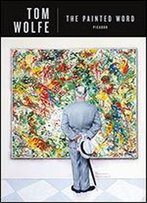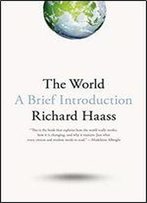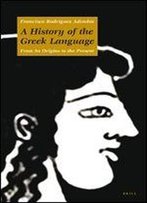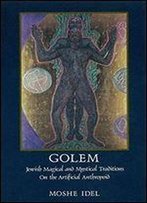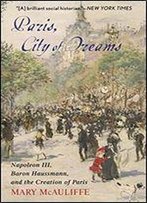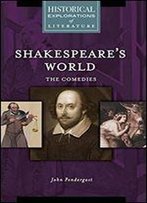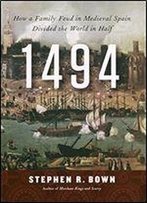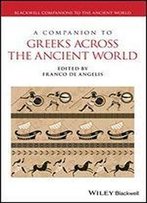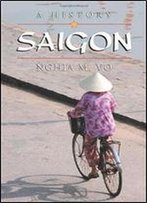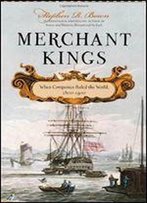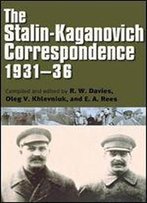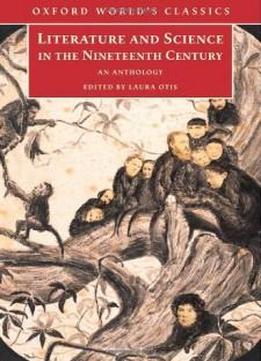
Literature And Science In The Nineteenth Century: An Anthology (oxford World's Classics)
by Laura Otis /
2002 / English / EPUB
2.6 MB Download
Although we are used to thinking of science and the humanities as separate disciplines, in the nineteenth century this division was not recognized. As the scientist John Tyndall pointed out, not only were science and literature both striving to better "man's estate", they shared a common language and cultural heritage. The quest for "origins", the nature of the relationship between society and the individual, and what it meant to be human were subjects that occupied both the writing of scientists and novelists.
Although we are used to thinking of science and the humanities as separate disciplines, in the nineteenth century this division was not recognized. As the scientist John Tyndall pointed out, not only were science and literature both striving to better "man's estate", they shared a common language and cultural heritage. The quest for "origins", the nature of the relationship between society and the individual, and what it meant to be human were subjects that occupied both the writing of scientists and novelists. This anthology brings together a generous selection of scientific and literary material to explore the exchanges and interactions between them. Fed by a common imagination, scientists and creative writers alike used stories, imagery, style, and structure to convey their meaning, and to produce works of enduring power. It includes writing by Charles Babbage, Charles Darwin, Sir Humphry Davy, Charles Dickens, George Eliot, Michael Faraday, Thomas Malthus, Louis Pasteur, Edgar Allan Poe, Mary Shelley, Mark Twain and many others. Also included are introductions and notes to guide the reader.
This anthology brings together a generous selection of scientific and literary material to explore the exchanges and interactions between them. Fed by a common imagination, scientists and creative writers alike used stories, imagery, style, and structure to convey their meaning, and to produce works of enduring power. It includes writing by Charles Babbage, Charles Darwin, Sir Humphry Davy, Charles Dickens, George Eliot, Michael Faraday, Thomas Malthus, Louis Pasteur, Edgar Allan Poe, Mary Shelley, Mark Twain and many others. Also included are introductions and notes to guide the reader.
